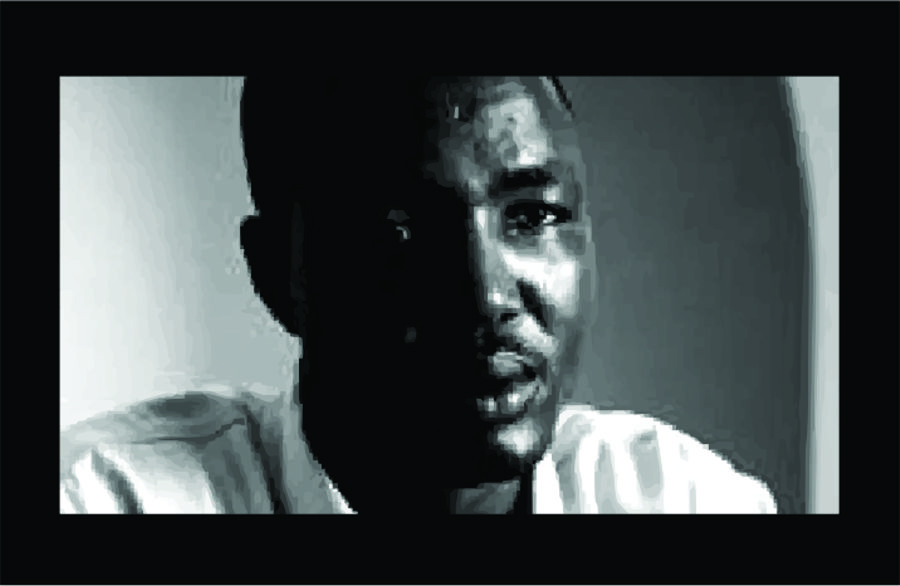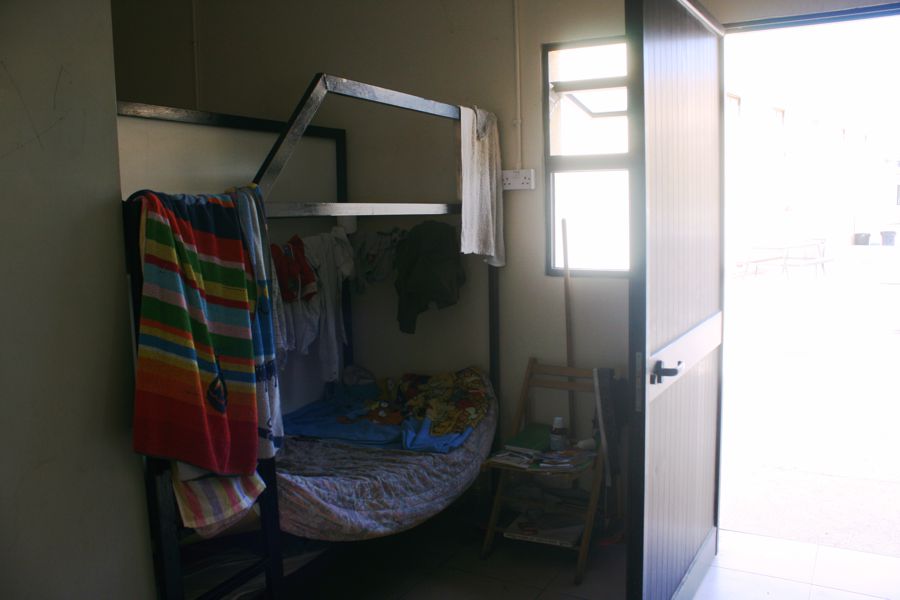
Suleiman Abubaker suffered a fractured skull and lung contusions when he was thrown out of the club in May 2009. He fell into a coma and died 11 days later.
By Franceso Frendo
Image: Suleiman Abubaker, Times of Malta (modified)
[dropcap]I[/dropcap] should have written this long ago, but something held me back. More than a year after the murder of Lassana Cisse, with protests being organised to call for justice and in solidarity with Black Lives Matter, the need to share this has become overwhelming.
In my youth days, Malta was in its formative years as a new member of the European Union. Inevitably, change was omnipresent and ‘irregular’ migration was rapidly becoming a topical issue. Being an existential teen and a loud mouth, I was naive and ignorant about the social and legal forces at play in the illegalised movement of people.
At the time, an inspiring teacher felt it was his duty to expose me, and a friend, to the realities ‘clandestini’* face on our shores. It was the first time I visited the Marsa Open Centre; I was overwhelmed with shock and curiosity. The conditions were desolate but the community was vibrant. I remember seeing a rat ruminating on scraps of food in broad daylight, and moldy walls with the paint peeling off. Yet, the people seemed content nevertheless: music in the background, aroma of food in the air and people laughing over a game of billiards.

At one point, obviously curious why we were there, a young man named Suleiman came to speak to us. He offered us tea while he spoke about his experiences in Malta and crossing the Mediterranean. He was charismatic, optimistic, and with a constant beaming smile when talking. He expressed his contentment in Malta with the exception of one episode where he was beaten up by a bouncer in front of a nightclub.
Suleiman expressed his contentment in Malta with the exception of one episode where he was beaten up by a bouncer in front of a nightclub.
Being the youthful soul that I was, thoughts of exaggeration quickly filled my mind, and I speculated whether such actions by the bouncer were perhaps provoked or, at least, not fully uncalled for. Rather than simply trusting the account of the person I had in front of me, my spontaneous reaction was to seek a sense of proportionality and reasonableness. Despite Suleiman’s openness, I rather followed the idea that he could be overstating his victimhood.
A few weeks later, my teacher sent me a short but poignant email: Suleiman Abubaker had been beaten to death by a bouncer in Paceville.
It was said that the bouncer would face trial by jury, and I continuously scoured the internet to find updates on the matter. The only brief article I found at the time was the following: the bouncer was unanimously acquitted and, despite not having a license, he came off scot-free. This was an eye-opener and I seldom talk about it because it still brings pain and humiliation from my end.
I still have trouble recollecting these thoughts. This is why denial is paradoxical: you are simultaneously aware and not aware. There seem to be plenty of reasons for us to deny the harsh reality that surrounds us. Sometimes the sheer horror is overwhelming. At other times, the brutality of racism reveals an ugliness at the heart of society of which we are part. Inevitably, things get worse and worse because we refuse to believe what we hear and see.
The situation is so desperate, with no exaggeration. Lassana was, sadly, not the first and only victim of such racial violence, and it is difficult to access the extent of such tragedies in Malta. The coverage is weak and the general public are apathetic, to say the least. As can be seen from Suleiman’s case, even the justice system seems clearly biased: The push that killed Suleiman remained unpunished—500 Euros for a missing licence—nothing for the death of a human being.
These acts of deadly violence are committed in a context of widespread and blatant racism in Malta: the indifference towards black migrants is apparent in the number of work-related fatal accidents. In some cases, victims are anonymous and unidentified.
Denial is paradoxical: you are simultaneously aware and not aware. There seem to be plenty of reasons for us to deny the harsh reality that surrounds us.
Racism finds broad articulation on social media and in the comments sections of newspapers and in numerous everyday life acts of racist discrimination. The official politics of the state, too, show brutal discrimination, most recently displayed in the cruel ‘strategy’ of detaining rescued migrants for weeks on tourist boats practically serving as off-shore prisons.
With remembering and protesting, we ought to stand up to the blatant disregard of such injustices in Malta! Regardless of our religious faith and skin colour—Christian, Muslim or atheist, white or black—we must join this cause because racism and violation of minority rights is the enemy of democracy.
Rest in Peace, Suleiman.
*clandestini is a derogatory Maltese term often used to refer to African migrants.

Leave a Reply